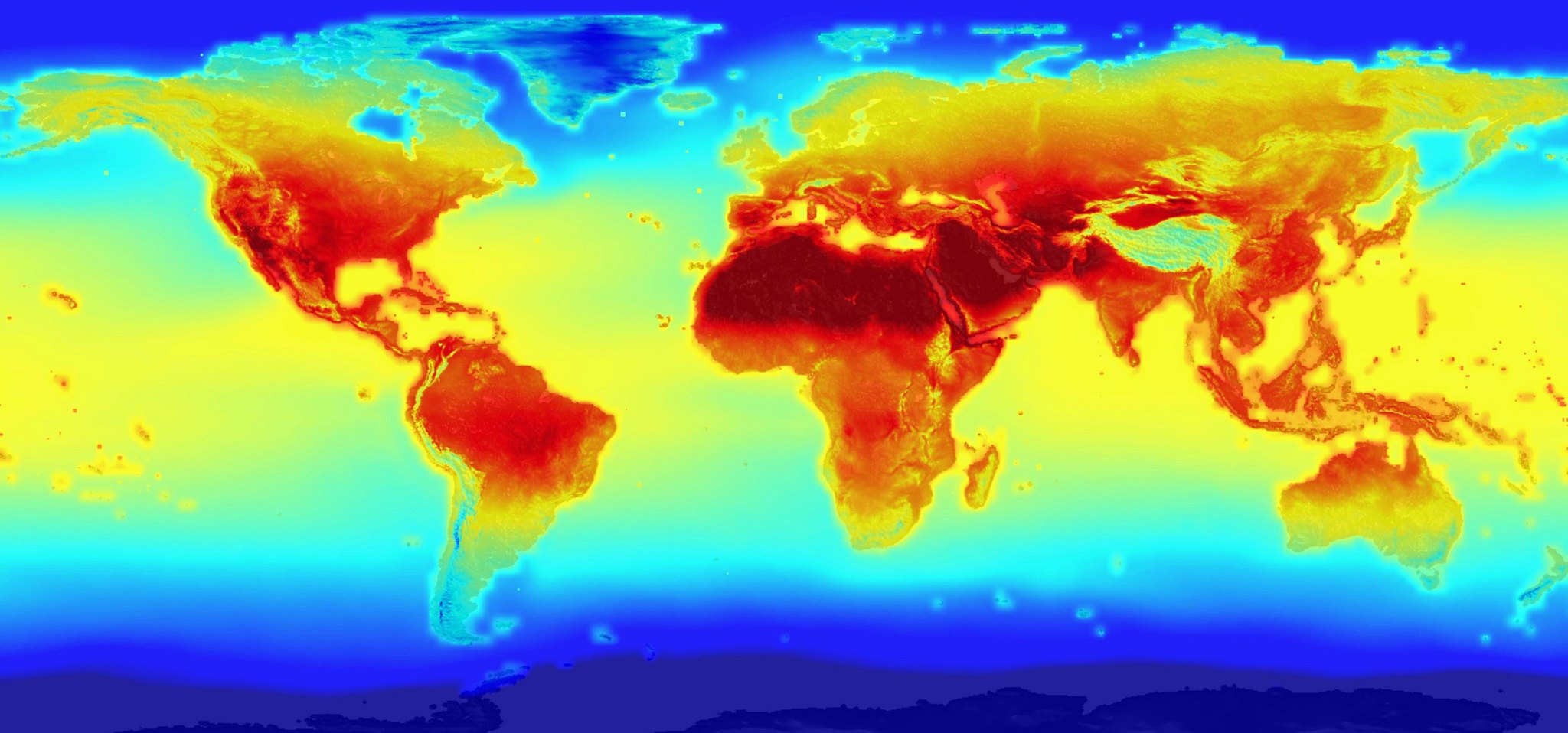Excerpt:
The planet just saw the hottest span of 12 months in human history because of climate change driven by the burning of fossil fuels.
As this past October came to a close, it marked the hottest 12-month period ever recorded, a new analysis finds.
This stark milestone is the latest in a string of superlatives to emerge this year that show how much carbon pollution has warmed the planet—and how that trend is accelerating. It also comes just weeks before international negotiators are set to meet and hash out issues around achieving the Paris climate accord’s fundamental goal: limiting global warming to no more than 1.5 degrees Celsius (2.7 degrees Fahrenheit) above preindustrial temperatures.
Nonprofit organization Climate Central crunched international data and calculated that from November 2022 to October 2023, Earth’s temperature was 1.3 degrees C (2.3 degrees F) above preindustrial levels, a sign of how close the world is to missing that goal and experiencing ever worsening impacts of climate change.
“This is the hottest temperature that our planet has experienced in something like 125,000 years,” said Andrew Pershing, Climate Central’s vice president for science, during a press briefing on Wednesday. He later added that “this is not normal. These are temperatures that we should not be experiencing. We’re only experiencing them because we put in too much carbon dioxide into the atmosphere.”
In addition to the 12-month record this year, this Juy was the hottest month ever, and this September was the most anomalously hot month, meaning its temperature was the highest above the long-term average. The latter was so much hotter than the previous hottest September that in a recent post on X (formerly Twitter), climate scientist Zeke Hausfather called it “absolutely gobsmackingly bananas…”









